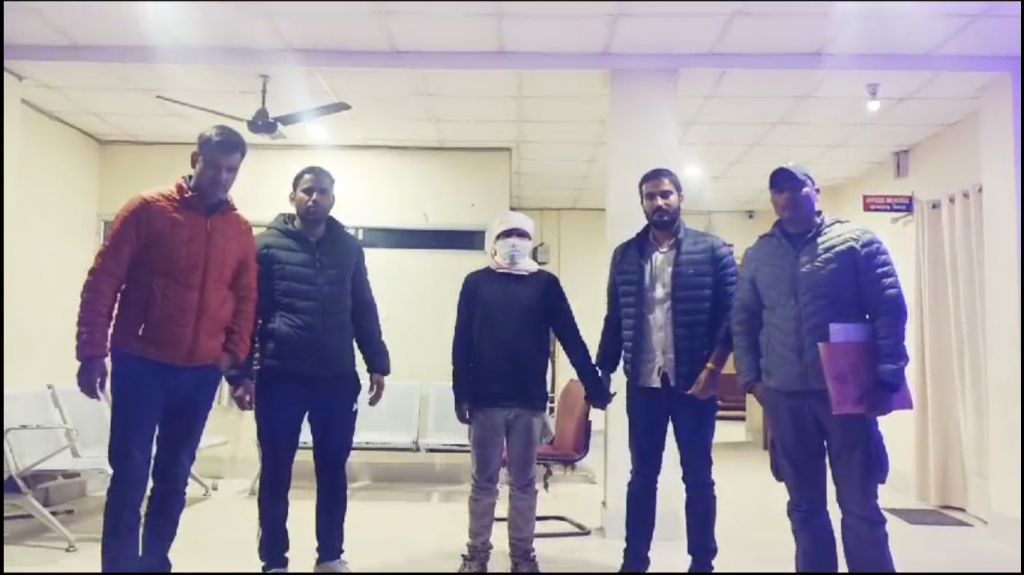
Guwahati, Dec 29: A murder investigation in New Delhi has unearthed a human trafficking network smuggling young women from Bangladesh into India for forced prostitution.
The operation’s routes, primarily through Assam and Meghalaya, expose the persistent challenges of tackling cross-border trafficking in the region.
Traffickers employed a coordinated route, transporting victims from Bangladesh to Baghmara in Meghalaya's Garo Hills.
From there, the women were moved to Assam, using transit hubs like Bongaigaon Railway Station via Dudhnoi and Krishnai, before reaching urban centres such as Delhi, the police investigation has revealed.
On Saturday evening, Delhi Police, in collaboration with local authorities, apprehended a key player in the network, Animul Islam, a resident of Krishnai in Assam’s Goalpara district.
Islam allegedly used his personal vehicle to transport victims across the Meghalaya-Assam border, facilitating their movement along the trafficking route.
The presence of such a network came to light during an investigation into the murder of a man in Delhi last October.
Authorities had discovered that four Bangladeshi women connected to the case were victims of trafficking. The deceased, along with an associate named Anis, was reportedly involved in supplying these women to Delhi's sex trade.
The revelations highlight Assam’s growing role as a hub for human trafficking, worsened by porous borders, socio-economic vulnerabilities and ongoing political unrest in the neighbouring Bangladesh.
According to a 2015 report, Assam accounted for 22% of India’s trafficking cases, driven by conflicts and climate-related displacements. With 1,317 cases of child trafficking reported that year, Assam represented 38% of the national total.
Moreover, a 2018 report further estimated that approximately 50,000 Bangladesh women and children are trafficked into India annually, many of whom are forced into urban brothels.
As investigators unravel the extent of this trafficking network, the findings serve as a grim reminder of the enduring exploitation and the critical importance of safeguarding human rights.